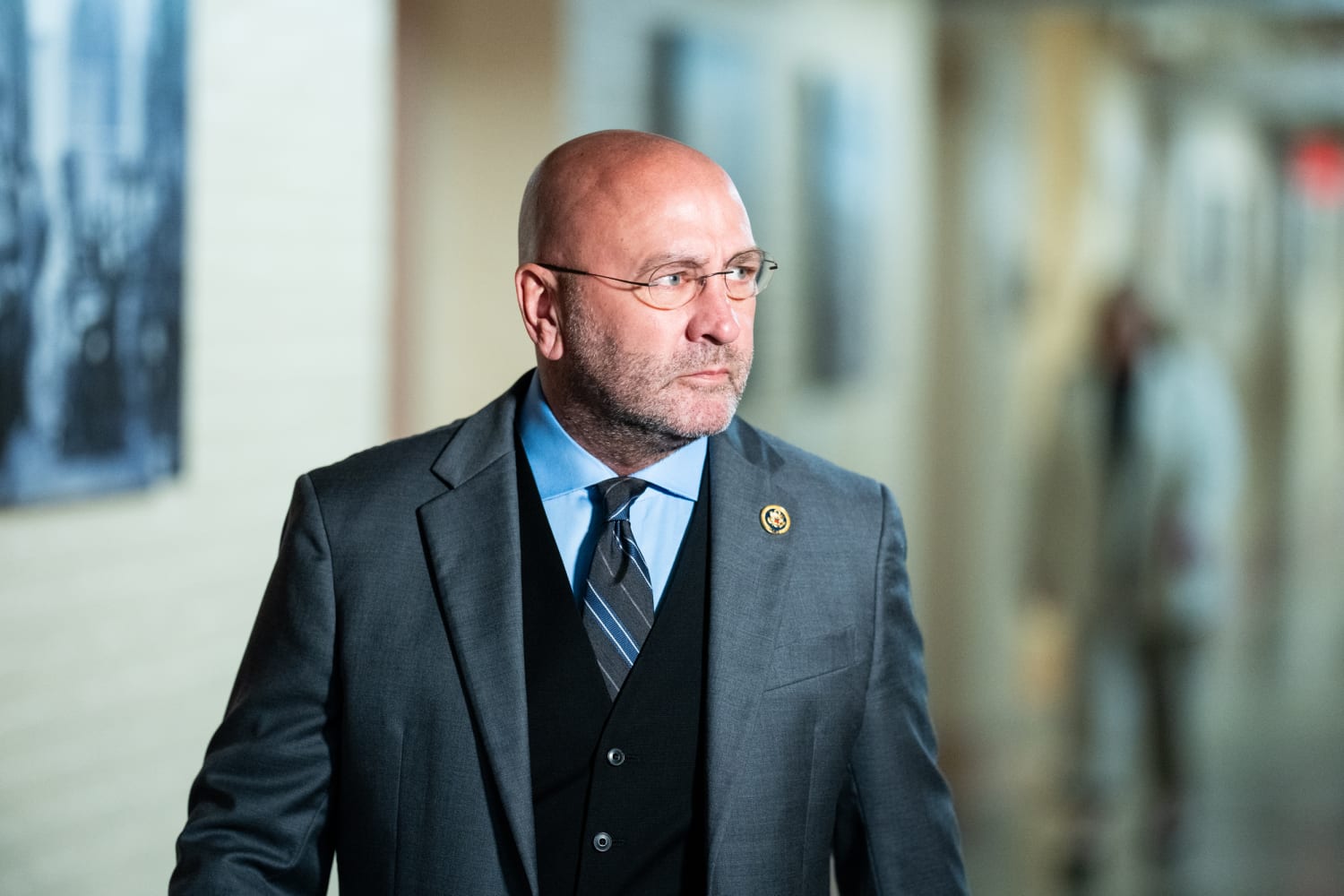
Congressman Clay Higgins Faces Backlash for Offensive Tweet Against Haitian Migrants
Congressman Clay Higgins, a Republican from Louisiana, is facing significant criticism following a controversial post he made on social media targeting Haitian migrants. In the since-deleted tweet, Higgins referred to Haitians as "thugs" and "slapstick gangsters" and demanded they leave the United States. His words not only sparked outrage but also raised questions about the kind of rhetoric that continues to polarize the nation on issues related to immigration and race.
The post was reportedly in response to an Associated Press article about a Haitian nonprofit group filing criminal charges against former President Donald Trump and Senator JD Vance. The group filed these charges following false claims made by Trump and Vance, alleging that Haitian migrants were involved in pet-related crimes, such as "eating dogs and cats." Despite these accusations being debunked, Higgins echoed these sentiments in his inflammatory post, further adding to the divisive narrative. He even described Haiti as the "nastiest country in the western hemisphere," intensifying the racist undertones of his message.
Also Read:- Comedian Janey Godley Announces She is Receiving End-of-Life Care for Cancer
- Can Manchester United Bounce Back After Disappointing Draw Against Twente?
After the post gained attention and sparked widespread condemnation, including within political circles, Higgins chose to delete the tweet. While House Speaker Mike Johnson, a fellow Louisiana Republican, mentioned that Higgins "regretted" the post and prayed about it, the damage had already been done. On the other hand, Democratic leaders, including House Minority Leader Hakeem Jeffries, labeled Higgins' remarks as "vile" and "racist," calling for accountability and censure.
Higgins’ comment was seen by many as not just an insult to the Haitian community but also as an attack on the integrity of the United States House of Representatives. His language, according to critics, promotes fear and hostility toward immigrants, fueling a dangerous narrative that undermines the safety and dignity of those seeking refuge in the U.S.
While Higgins has a history of using inflammatory language, this incident stands out due to its direct attack on a specific community. His unapologetic tone in initial interactions with fellow lawmakers suggests that he is unlikely to step back from his stance. However, the fact that he eventually deleted the post shows that public pressure and political fallout can influence such actions.
The broader implications of this controversy highlight the ongoing political and social debates in the U.S. regarding immigration, race, and political accountability. It remains to be seen whether Higgins will face formal consequences for his statements or if this incident will simply fade into the background as another example of partisan division in Washington. Nonetheless, the situation serves as a reminder of the power and responsibility that public officials hold, especially in the age of social media, where words can quickly spread and ignite significant backlash.
Read More:

0 Comments